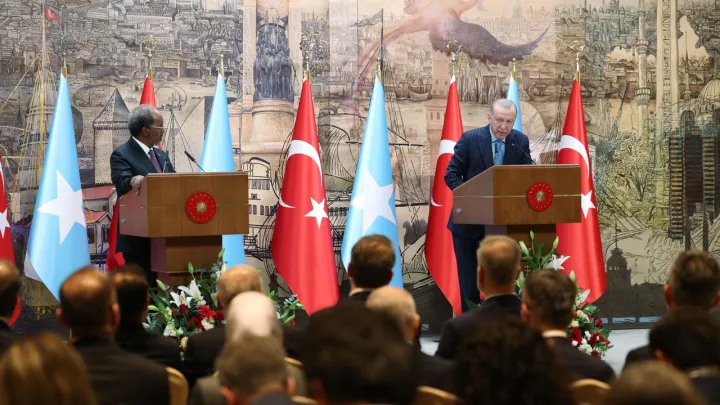A Turkish team of scientists will develop engineering solutions validated by scientific methods to restore damaged lands in the Arctic region.
Orhan Ince, an environmental engineering faculty member at Istanbul Technical University (ITU) and head of the school’s Microbial Ecology Group, is leading a 60-person team that will conduct field research to improve areas degraded by natural and human activities and ensure sustainable land use.
Ince is also the scientific director of the TerrArctic Mega Grant Project, funded by the Russian Ministry of Science and Higher Education and carried out by Tyumen State University.
He highlighted for Anadolu the severe effects of climate change in the last 40 years and the critical importance of addressing degradation in the Arctic for food and water security.
Ince stated that an emergency action plan will be created as part of the project to address "ecological and environmental issues in the Arctic region."
The project will use "innovative engineering solutions" to develop "sustainable land use plans" and conduct" scientific studies, improvements, and engineering services in the short, medium and long term," he said.
He noted that the plan aims to "rehabilitate degraded areas, improve soil quality" through "bio-remediation," and ensure "food and water security," ultimately providing a "healthier world" for future generations.
First visit to region in May
Ince highlighted that the first visit to the Arctic region for the project was from May 12-31 with colleagues from Tyumen State University.
He noted that he plans to invite Turkish scientists to join the project and added that ITU Rector Ismail Koyuncu promptly provided the necessary support to include the school in the global initiative by giving necessary administrative and technical assignments.
➤ Click here to follow our WhatsApp channel for more stories.
























